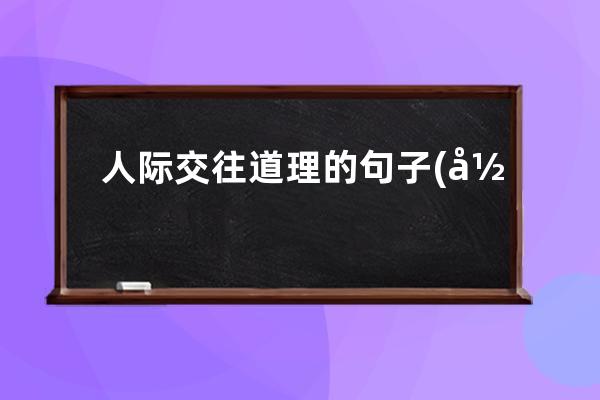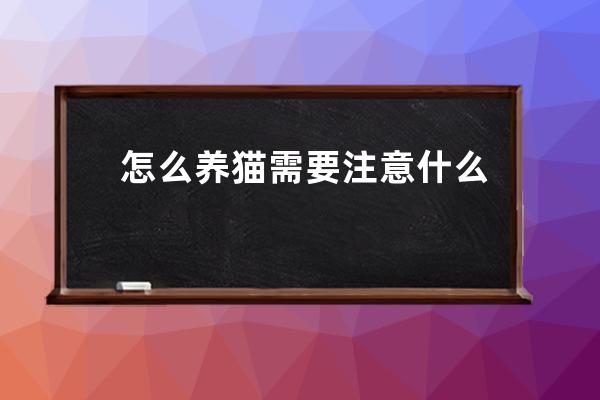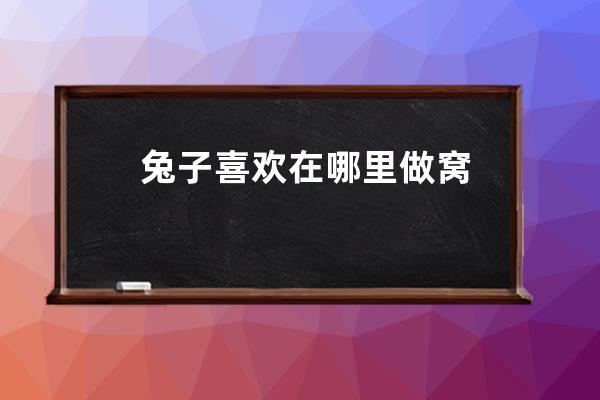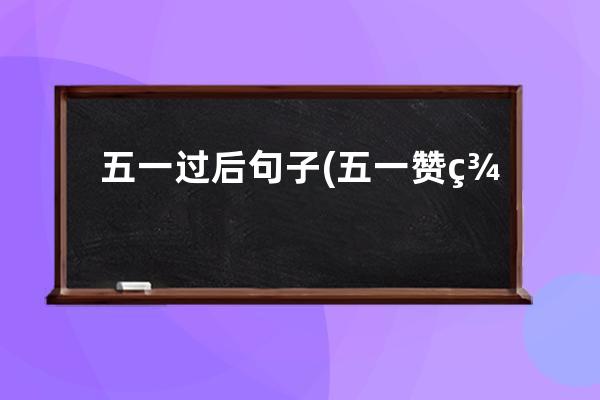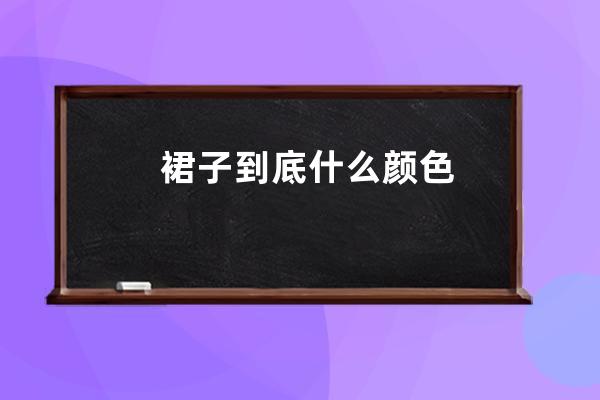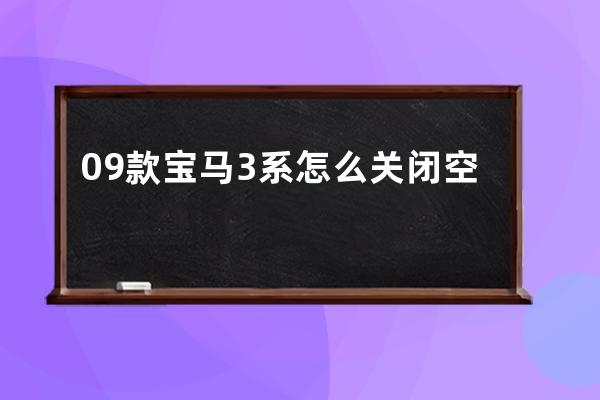丰田汽车买回去怎么处理(丰田汽车怎么播放视频)

Introduction
Recently, Toyota Motor Corp. announced that it would buy back 8.7 million shares, equivalent to 1.6% of the company's outstanding stock, for 360 billion yen ($3.7 billion) to boost shareholder returns. As one of the world's leading automakers, Toyota's decision to buy back shares has raised questions about how it plans to handle the repurchased shares and what impact this action will have on its business strategy and shareholders' interests. This article aims to explore the reasons why Toyota decided to repurchase shares and how it plans to manage its capital structure and shareholder value.
Why Toyota decided to buy back shares
Toyota's decision to buy back shares was based on its strong financial performance and its desire to enhance shareholder value. The company reported a 57.8% increase in net profit in the fiscal year 2020, and has estimated a net profit of 2.3 trillion yen for the current fiscal year. In addition, Toyota has accumulated a large amount of cash reserves, which has prompted the company to explore various ways to utilize its excess cash. By repurchasing its own shares, Toyota aims to increase shareholder value by reducing the total number of outstanding shares, thereby increasing earning per share, and by signaling its confidence in the long-term prospects of its business.
How Toyota plans to manage its capital structure
Toyota's share buyback will be financed mainly by its cash reserves, which will result in a decrease in the company's net cash position. However, the company still maintains a strong financial position, with an estimated net cash balance of 7.5 trillion yen ($72.7 billion) as of the end of March 2021. Furthermore, Toyota plans to continue investing in growth areas such as electric and autonomous vehicles, as well as expanding its global footprint, which will require significant capital expenditures. Hence, the company aims to maintain a balanced approach to capital structure management by ensuring sufficient cash reserves to fund growth opportunities while returning excess cash to shareholders through share buybacks and dividends.
What impact the share buyback will have on Toyota's business and shareholders
The share buyback will likely have a positive impact on Toyota's earnings per share and dividend per share, which will enhance shareholder value. However, the share buyback alone may not sustainably improve Toyota's long-term business prospects in the highly competitive automotive industry. The company will still need to focus on innovation, technological advancement, and operational efficiency to maintain its market position and generate sustainable earnings growth. In addition, share buybacks may also create negative publicity if it is seen as a sign of lack of investment opportunities or profitability concerns. Therefore, Toyota would have to communicate its share buyback decision clearly and transparently to enhance shareholder confidence and trust in its long-term business strategy.
Conclusion
Toyota's share buyback decision reflects its commitment to creating long-term shareholder value while maintaining a balanced approach to capital management. The company's strong financial position, coupled with its investment in growth areas, puts it in a better position to navigate the uncertainties in the global automotive industry. However, Toyota must continue to focus on innovation and operational efficiency to achieve sustainable growth and maintain its market position. Transparency and clear communication with shareholders will also be critical to enhancing trust in the company's business strategy.
声明:本站所有文章资源内容,如无特殊说明或标注,均为采集网络资源。如若本站内容侵犯了原著者的合法权益,可联系本站删除。

